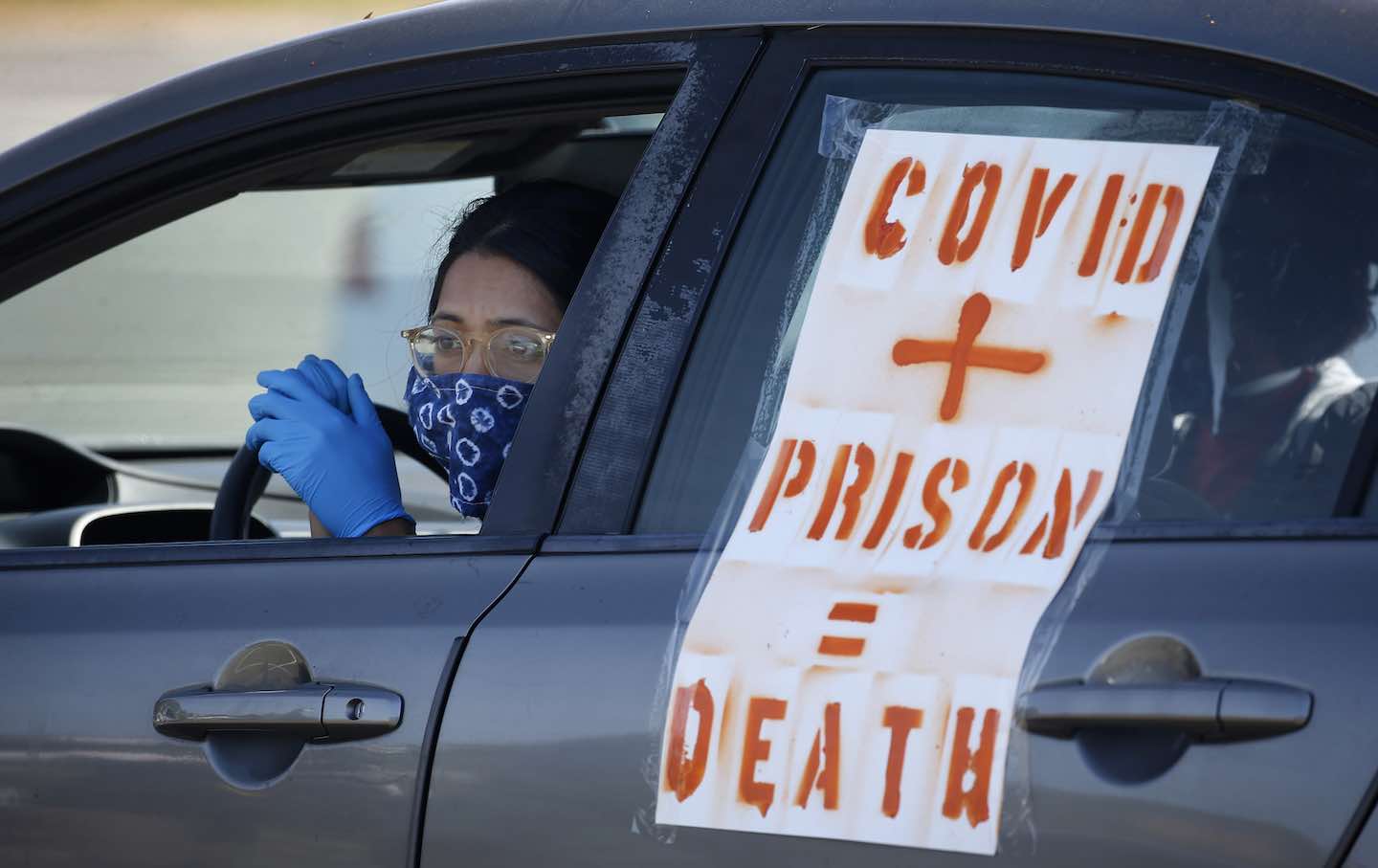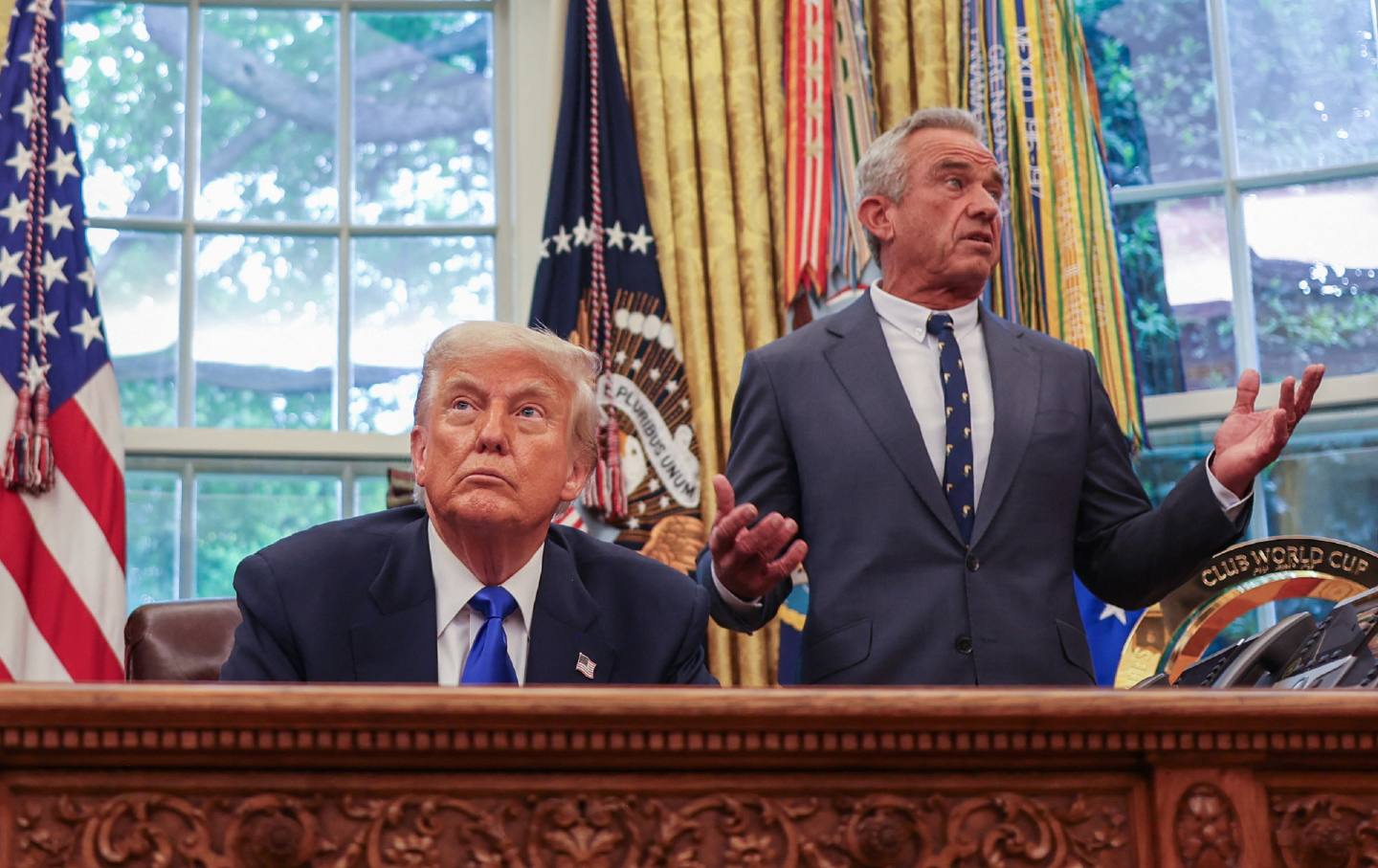October 29, 2025
And they want to make big profits.
Billionaires know you love your furry family members, and they'd like to profit from your affection.
Have you had to seek veterinary care for your beloved pet in recent years? Have you noticed higher costs for vaccines and routine screenings? Do you sometimes need a pet sitter and want to purchase an online service? I have bad news for you: Billionaires are targeting you and every corner of the pet care economy to squeeze more money out of you.
Pet ownership was already on the rise before the Covid-19 pandemic; Today, approximately 70 percent of U.S. households have at least one pet. The share of household income spent on pets has increased significantly, with an estimated $123 billion in 2021. Although pet insurance is available, few pet owners have it. However, many are willing to take on huge debts for expensive medical services. In a recent article in New York Times on the rising cost of pet care, Katie Thomas writes:
A generation ago, owners of seriously ill animals had no choice but to opt for euthanasia if they wanted to alleviate their pet's suffering. Now they will have to choose between prolonging the animal's life and going into debilitating debt or letting the animal die.
Thomas spoke with pet owners who were still paying off credit card debt years after their animals died. She reports that animal welfare groups are finding that pet owners are surrendering their animals to shelters when they can't afford veterinary bills.
For many people, relationships with animals are more stable than with people. WITH a growing percentage of people speaking they only have one or two people they can rely on, if any, the unconditional love of a pet plays an important role in our lives. “Pets fill a gap,” noted Greg Hartmann, CEO of Veterinary Centers of America (VCA), one of the largest commercial veterinary medical practices. He noted that young people are waiting until later in life to get married and have children, if they have children at all. “We now see that younger generations, Millennials and Generation Z, own nearly half of the pets in the U.S., and their spending behavior appears to be outpacing previous generations.”
These trends have not gone unnoticed by wealth-making billionaires who are looking to siphon profits from every corner of the pet supply sector. As a result, the past decade has seen unprecedented concentration of ownership in pet food, pet stores, veterinary care and pet services such as Rover.com. The biggest players in the pet economy are billionaire dynastic families such as the Mars candy clan and the Hermann-Reimann family (JAB Industries), as well as billionaire-backed private equity firms that are buying up companies in the pet sector.
VETERINARY CARE
One of the most striking areas of consolidation is in veterinary care. An estimated 25 percent of all general veterinary services are now owned by billionaires and private equity firms, up from 5 percent a decade ago. And wealth aggregators own approximately 75 percent specialized veterinary clinics and hospitals are the most profitable segment of the sector. It’s no coincidence that the cost of veterinary care has risen over the past decade. grew by more than 60 percentwhich is significantly faster than inflation. I suspect this has a lot to do with the impact of private investor consolidation in the sector.
The largest owner of pet care products is the Mars family, a third-generation candy manufacturer. The dynasty's fortune is estimated at $117 billion.making them the second richest family in the US after the Waltons of Walmart. The Mars family and their notorious secretiveness. private company owns 2,500 pet care facilities, including BluePearl and Veterinary Centers of America (VCA). They also own several pet food companies, an online pet pharmacy, and a cat litter company.
The second largest consolidator of pet health care is the National Veterinary Association (NVA), with 1,100 clinics and hospitals. They are known for buying up local family practices, keeping the same name, signage and veterinarians – so you may not know that your pet care is being handled by a global conglomerate. NVA is owned by the Reimann family, Germany's second richest family. dark Nazi pastand owners of the JAB holding company.
Popular
“swipe left below to view more authors”Swipe →
As with health care, billionaire consolidators are seeking to extract greater profits from veterinary services by promoting expensive tests and expensive interventions, introducing aggressive billing and fees, and focusing on cutting costs on the service side, including squeezing out wages from employees.
Four major veterinary care private equity buyouts. Billionaires and their private equity firms are interested in the business because it has high consumer demand, is largely paid for in cash and is insulated from the business cycle, and has historically been a less regulated health care sector. These vulture investors typically collect management fees on all transactions, divest profitable assets (including real estate), steer important decisions in practice, and charge fees to monitor them, even as some of the companies they acquire are heading toward bankruptcy. “It’s like starting a fire, getting paid to put it out, and getting fire insurance at the same time.” Stephen Dubner jokedFreakonomics radio host.
Consolidation and the monopoly power it creates allows fewer pet care providers to raise prices and lower veterinary workers' wages, especially in communities where there is little choice of providers.
SERVICES FOR ANIMALS
My friend Katherine works part-time as a dog walker. She recently started looking for clients through the online platform Rover.com. “Rover takes 20 percent for a match,” Katherine told me. “It's just an app that takes a fifth of my earnings. And they charge the pet owner an 11 percent booking fee, capped at $50.”
Rover charges a pet grooming provider $49 to post a profile on their account. In addition to matchmaking, Rover offers both parties a guarantee and additional insurance, the motto of which is: “We are here for you.” But when Katherine encountered a dangerous situation with her dog and made an urgent call, the company failed to respond to requests for help. “In the meantime, the person providing the services is responsible for any responsibilities,” Katherine said, sharing the fine print of the service agreement. “Rover declines responsibility for virtually everything. Beware, pet owners and service providers.”
In November 2023, billionaire-backed private equity firm Blackstone, with more than $1 trillion in assets, purchased Rover for $2.3 billion in cash. They see nothing but growth in the pet care industry.
Catherine has opened up about the cost of veterinary care for her late dog Princess Lucy. “You walk into this clinic and they steal your credit card, and you know you're not going to get out of there for less than $1,000, and probably a lot more.” And we won’t even talk about pet stores and pet food. Petco, which has 1,500 stores, is owned by Luxembourg-based private equity firm CVC Capital Partners. An estimated 95 percent of the dominant pet food brands are owned by six global conglomerates, with the Mars family leading the way, followed by Nestlè Purina, Smucker's, Colgate-Palmolive, Diamond and General Mills.
Be careful what you love because billionaires are paying attention; they will figure out how to extract as much as possible of what you are willing to spend on your hobby.
More from Nation

The Vancouver duo behind the Drug Users' Liberation Front are facing 40 years in prison for drug trafficking. But this is not an ordinary case.

In 1948, my family fled Palestine when the Zionists came to power. I pieced together their story from a box of letters and journal entries.

If the administration can censor Indiana Daily Student— one of the most prominent student publications in the country — then student journalism everywhere would be at risk.












